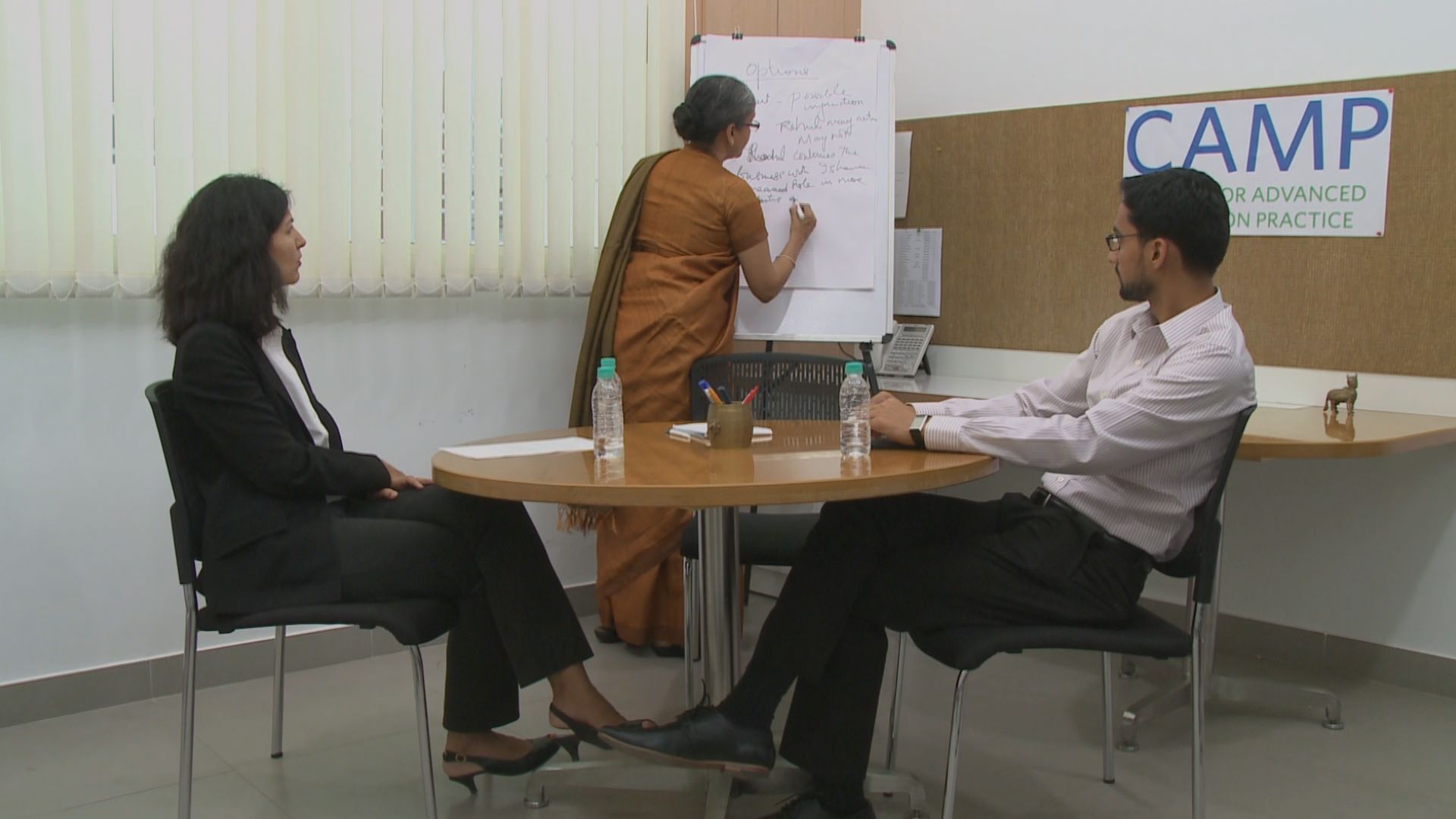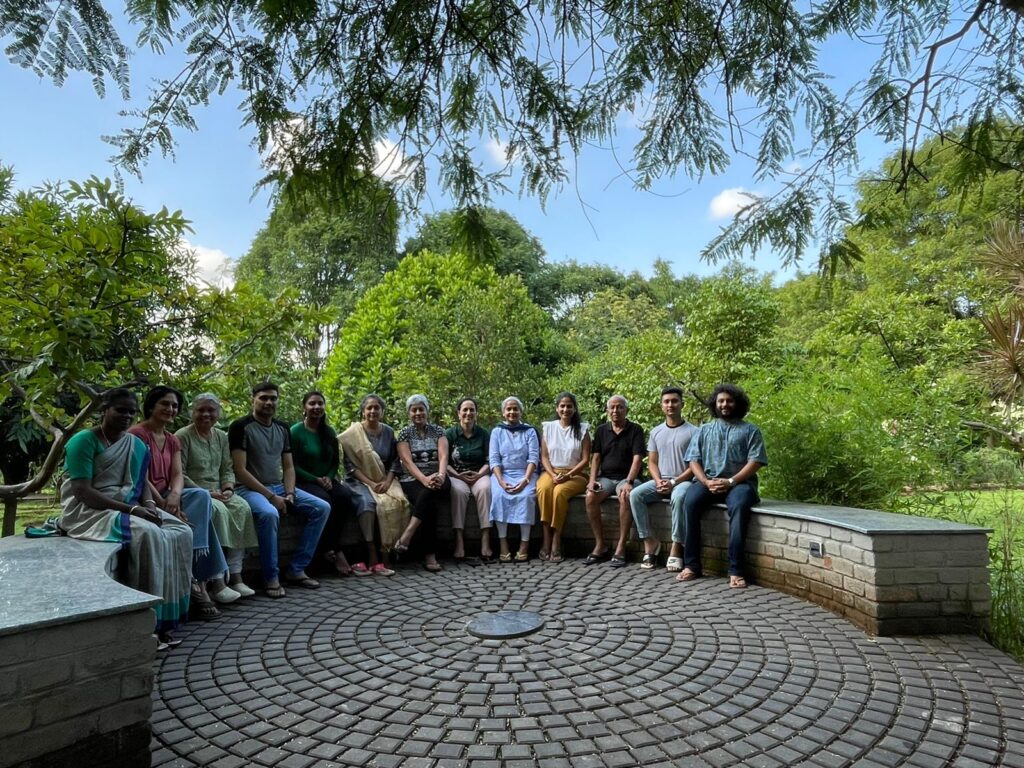
Mediation is a voluntary and confidential process wherein disputing parties work with a trained, professional neutral- the mediator – to make decisions based on an understanding of their own views, each other’s views and the reality they face.
With the passage of the Mediation Act in August 2023, mediation is a legally recognized dispute resolution process in India. A mediated settlement agreement now has the same status and effect as a court decree. Several other laws such as the Civil Procedure Code, the Consumer Protection Act, the Commercial Courts Act and the Companies Act also recognise the mediation process.
Confidential
Confidentiality is a fundamental aspect of the mediation process, and it plays a crucial role in fostering an environment that encourages open communication and constructive problem-solving. Confidentiality in mediation is recognised and enforced under Section 22 of the Mediation Act, 2023.
Speedy and Efficient
Mediation is an informal process that is not bound by rules and procedures. Quick resolution is therefore possible – sometimes in a day! With pendency in Indian courts exceeding 500 lakh cases, Mediation provides the opportunity to resolve disputes in a short duration of time.
The Singapore International Dispute Resolution Academy(SIDRA) conducted a survey in 2022 across 25 countries to assess the effectiveness of mediation as compared with other dispute resolution processes. Mediation was found to be most favourable with respect to speed, costs and impartiality. Click to download the SIDRA Survey
Cost effective
Since resolution is found quickly in mediation, it is significantly less expensive than litigation and arbitration. Mediation is found to be at least 90% less expensive than litigation in courts. Our Senior mediator, Rukmini Menon has done a detailed time-cost analysis of mediation vis-à-vis litigation for a medium value money recovery dispute. Click to download the study
Preserves relationships
The focus of mediation is resolution and not the determination of right/wrong. The collaborative nature of the process helps parties find win-win outcomes as opposed to the win-lose results of the adversarial process. Relationships are therefore protected.
Control over the outcome
Parties find solutions in mediation – as compared to being bound by the decision of a judge or arbitrator in litigation or arbitration. The role of the mediator is to help the parties negotiate an agreement that serves them better than their alternatives, in a non-coercive manner.

At CAMP, we have mediated a wide variety of cases. Our team of mediators is ably supported by case managers, legal specialists and allied professionals.
At CAMP, we believe in upholding the key principles of mediation- party autonomy, mediator neutrality and confidentiality. Our focus is on ease of process, supported by transparent and ethical standards. Our mediators are bound by a strong Rules for Mediation & Mediator Code of Conduct
Next time you find yourself in a dispute, try mediation!

We have an internationally recognized team of mediators with over 35,000 hours of combined experience in mediation. Our mediators are internationally trained from Harvard and Stanford (USA), JAMS (USA), SIMC (Singapore), EMA (USA), IICA (India). CAMP senior mediators are IMI-certified mediators. There are only 13 IMI Certified mediators in India. 5 out of these 13 mediators are CAMP mediators.

